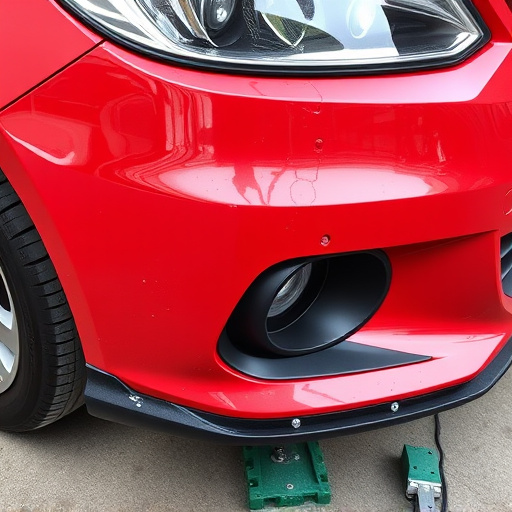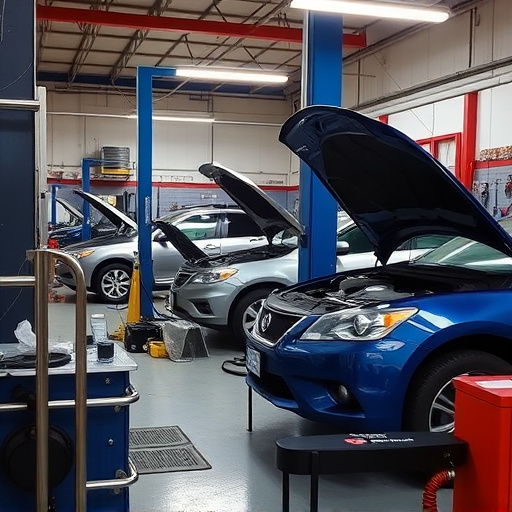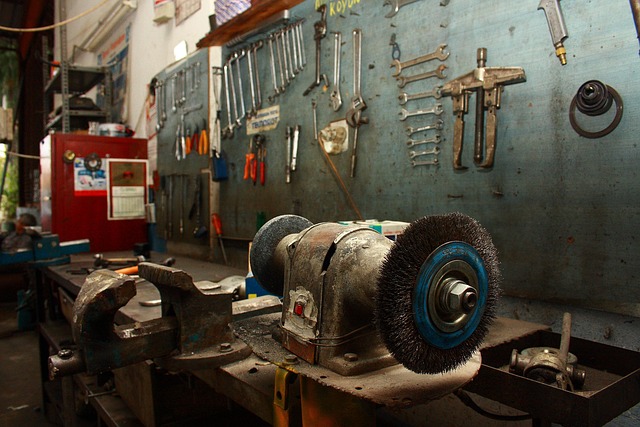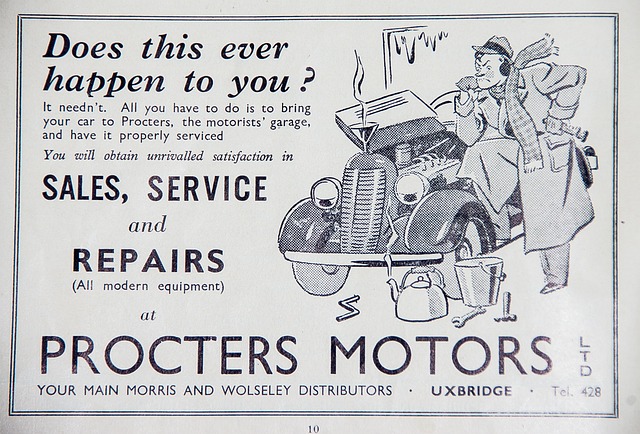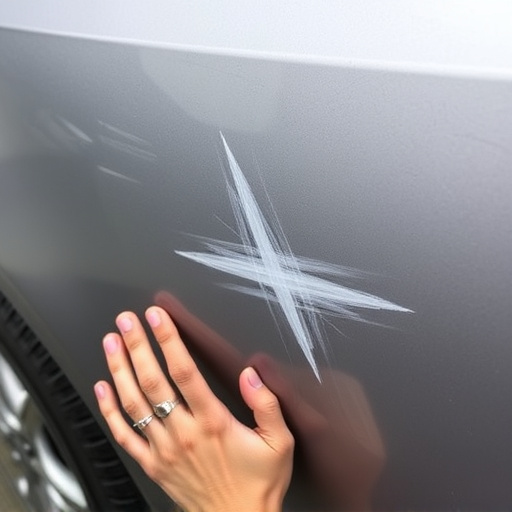Understanding and adhering to PDR (Paintless Dent Repair) limitations is paramount in the automotive industry for protecting customer privacy and autonomy. These boundaries, crucial in a digital age of increasing data transactions, ensure clients' personal information remains secure while fostering trust between customers and body shops. By maintaining transparency and obtaining explicit consent for data usage, reputable auto repair businesses can build strong relationships, uphold legal compliance, and preserve their professional reputation.
In today’s digital age, understanding and honoring Privacy, Data Retention (PDR) boundaries is paramount for shops to thrive. This article delves into the critical role of PDR limits in safeguarding customer privacy and autonomy, exploring legal implications, potential fines, and loss of trust when boundaries are ignored. We’ll guide you through the best practices for shops to embrace these limitations effectively, enhancing data security, fostering trust, and navigating evolving regulations.
- Understanding PDR Boundaries: Protecting Customer Privacy and Autonomy
- – Definition of PDR (Privacy, Data Retention) boundaries
- – Importance of respecting customer privacy and personal data limits
Understanding PDR Boundaries: Protecting Customer Privacy and Autonomy

Understanding PDR Boundaries: Protecting Customer Privacy and Autonomy
In the realm of automotive aesthetics, Paintless Dent Repair (PDR) has emerged as a popular and effective method for fixing minor damage to vehicles. However, beyond its technical aspects, PDR also encompasses important boundaries designed to safeguard customer privacy and autonomy. These PDR limitations ensure that individuals receive quality car bodywork services without compromising their personal information or decision-making power.
By adhering to these boundaries, reputable body shop services specializing in PDR, including car scratch repair, maintain a high level of professionalism. They respect customers’ rights to consent or decline specific treatments, ensuring transparency throughout the process. This approach fosters trust and encourages open communication, allowing clients to make informed choices regarding their vehicle’s care.
– Definition of PDR (Privacy, Data Retention) boundaries

Privacy, Data Retention (PDR) boundaries are essential guidelines that dictate how much and what type of customer data auto painting and collision repair shops can collect, store, and utilize. These limitations ensure that businesses respect individual privacy rights while facilitating responsible data management practices within car body shops and collision repair facilities. By adhering to PDR boundaries, these establishments avoid potential legal pitfalls and build trust with their clients.
Understanding PDR limitations is crucial for any auto painting or collision repair shop looking to maintain a professional reputation. It involves knowing when and how to request customer information, ensuring data security, and providing transparent communication about data usage. This approach not only helps shops stay compliant with privacy regulations but also fosters strong relationships with their customers.
– Importance of respecting customer privacy and personal data limits

Respecting customer privacy and adhering to personal data limits is paramount in any service-based industry, including automotive repair. With the rise of digital transactions and record-keeping, auto detailing shops must be mindful of the sensitive information they collect and store about their clients. Exceeding PDR (Paint Repair Data) limitations can lead to serious breaches of trust and even legal repercussions. Customers share personal details when they bring in their vehicles for paint repair or automotive repairs, expecting their data to be handled securely.
Shops that value customer satisfaction and loyalty understand the importance of maintaining a strict adherence to privacy regulations. This means implementing robust security measures to protect customer information, obtaining explicit consent for data usage, and ensuring transparency about how personal details are used. By respecting these PDR limitations, auto detailing businesses can foster a safe environment, build trust with their clientele, and maintain their reputation in an increasingly digital landscape.
Shops that fail to respect PDR (Privacy, Data Retention) boundaries risk alienating customers who value their personal information. By setting and honoring clear PDR limitations, businesses can foster trust, maintain customer autonomy, and build lasting relationships based on transparency. This approach not only complies with legal requirements but also ensures a competitive edge in an increasingly data-conscious market.


